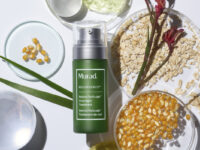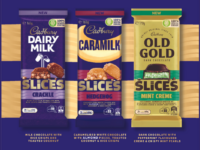Choice’s latest food labelling research has found 70 per cent of Australians think it’s important that palm oil is labelled separately on the ingredients list.
Choice spokesperson, Tom Godfrey, said the consumer advocacy group believes Australians have the right know what they’re buying this Easter, and in order to make informed decisions, it would like to see palm oil labelling mandatory on food products.
“When we looked at similar 125 gram packs of Easter eggs from Cadbury and Mars, we found ourselves in the dark when it came to determining the presence of palm oil,” said Godfrey.
Godfrey says the current labelling system allows palm oil to be hidden behind a generic ‘vegetable oil’ or ‘vegetable fat’ label.
“It’s not surprising that only 15 per cent of Australians mentioned palm oil when asked which oils are included in those terms,” he said.
“Many Australians are not aware that palm oil is a common ingredient in products ranging from margarines, biscuits, breads and breakfast cereals to chocolates, instant noodles and personal care products.”
Choice estimates that around half of all packaged items in supermarkets contain this type of oil.
“Palm oil production has been associated with significant environmental impacts, while the product also contains more than 50 per cent saturated fat and can raise ’bad’ cholesterol levels. It is one of the two tropical oils the Heart Foundation recommends consumers avoid, along with coconut oil.”
Of the survey respondents who said accurate palm oil labelling is important to them, environmental impact was the top concern, followed closely by health reasons.
“Even though a growing number of companies now use certified sustainable palm oil, it makes up just 18 per per cent of the global palm oil supply, and the type of certification is not always declared on pack,” says Godfrey.
“Whether it’s for health reasons, environmental concerns, or to make food purchasing decisions that align with personal values and beliefs, consumers should be able to identify palm oil in their chocolate treats next Easter.”
The Forum of Food Regulation Ministers will be looking at a recommendation this year that would see palm oil be identified on food products.
Choice is calling for consumers to let their state minister know they want labels that identify whether palm oil is in their food. Consumers can sign up at choice.good.do/palmoil
















